Cottage country across Canada has its own rhythm — a set of unwritten expectations shaped by long-time residents, seasonal families, and communities that depend on shared space. These rules are rarely posted on signs or written into bylaws, yet they guide behaviour on docks, backroads, and lakes every summer. Here are 20 cottage-country rules locals won’t say out loud.
Early Mornings Belong to the People Who Actually Live There

Locals often wake before sunrise to handle chores, prep boats, or enjoy the lake before crowds arrive. They won’t say it openly, but blasting music or revving engines at 7 a.m. is frowned upon. Quiet mornings are one of the few guaranteed moments they get before weekenders flood in. Visitors who respect the calm — walking gently on docks, keeping voices low, and delaying loud activities — earn instant goodwill. It’s less about rules and more about preserving the rhythm that anchors cottage-country life.
Don’t Race Down Gravel Roads Like They’re Highways
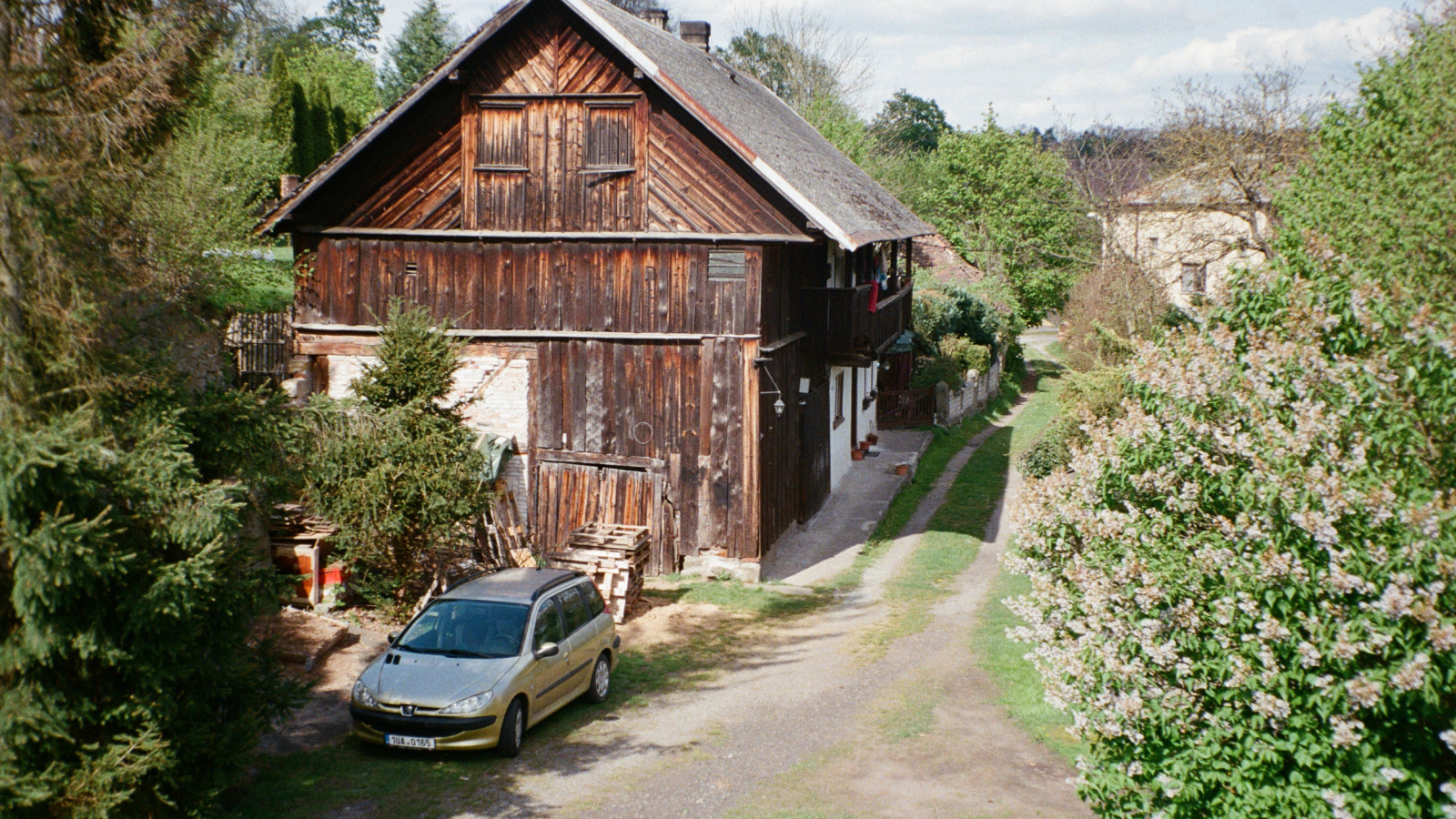
Gravel roads are community lifelines, not speed tracks. Locals know every bend, loose patch, blind corner, and soft shoulder. Visitors speeding through raise dust clouds, reduce visibility, and endanger pedestrians, pets, and cyclists. While you might never hear anyone confront you directly, speeding is one of the fastest ways to irritate a cottage community. The unwritten expectation is simple: treat gravel roads like shared space. Drive slowly, stay alert, and give oncoming vehicles wide accommodation. Respectful driving signals that you understand rural safety norms.
Docks Aren’t Party Platforms
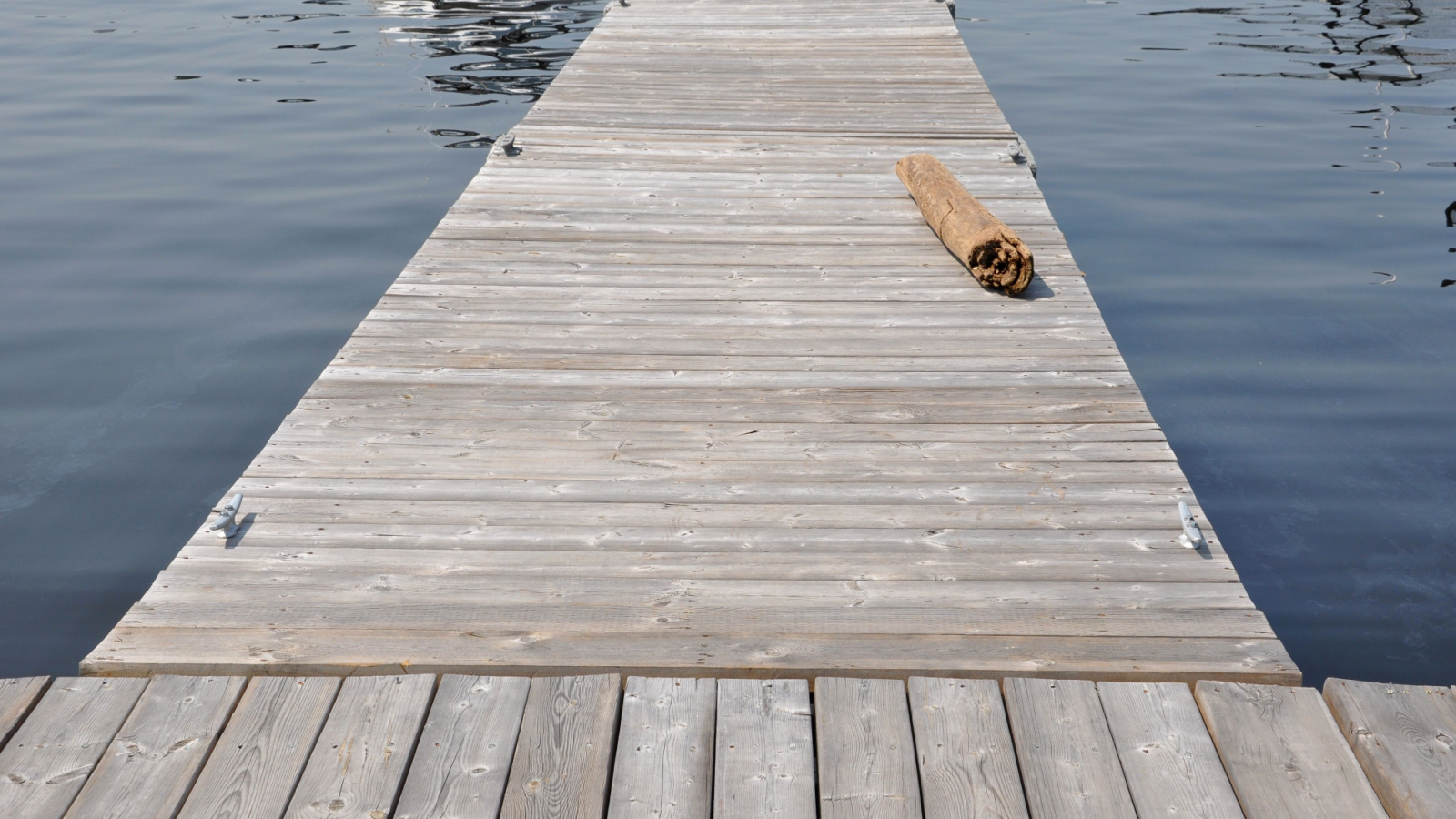
Cottage docks are functional spaces used for loading gear, launching boats, swimming, and accessing the lake. While visitors often treat them as social hubs, locals quietly expect guests to keep gatherings small and avoid blocking access. Jumping, music, and large groups can interfere with people trying to use the dock for its intended purpose. Locals rarely address it directly, but they notice. The rule is unspoken yet firm: docks are shared tools, not entertainment stages, and keeping them clear maintains harmony.
Don’t Touch Someone Else’s Canoe or Kayak

In cottage regions, boats left on shore or pulled onto racks may look communal, but they aren’t. Canoes, kayaks, and paddleboards often have sentimental or long-standing family value. Borrowing one without asking — even briefly — is considered a serious breach of trust. Locals won’t usually call it out, but the expectation is clear: if it’s not yours, don’t touch it. Always ask permission, even if the owner isn’t present at the time. Respecting this boundary shows awareness of cottage-country etiquette.
Firepits Have a Quiet Curfew
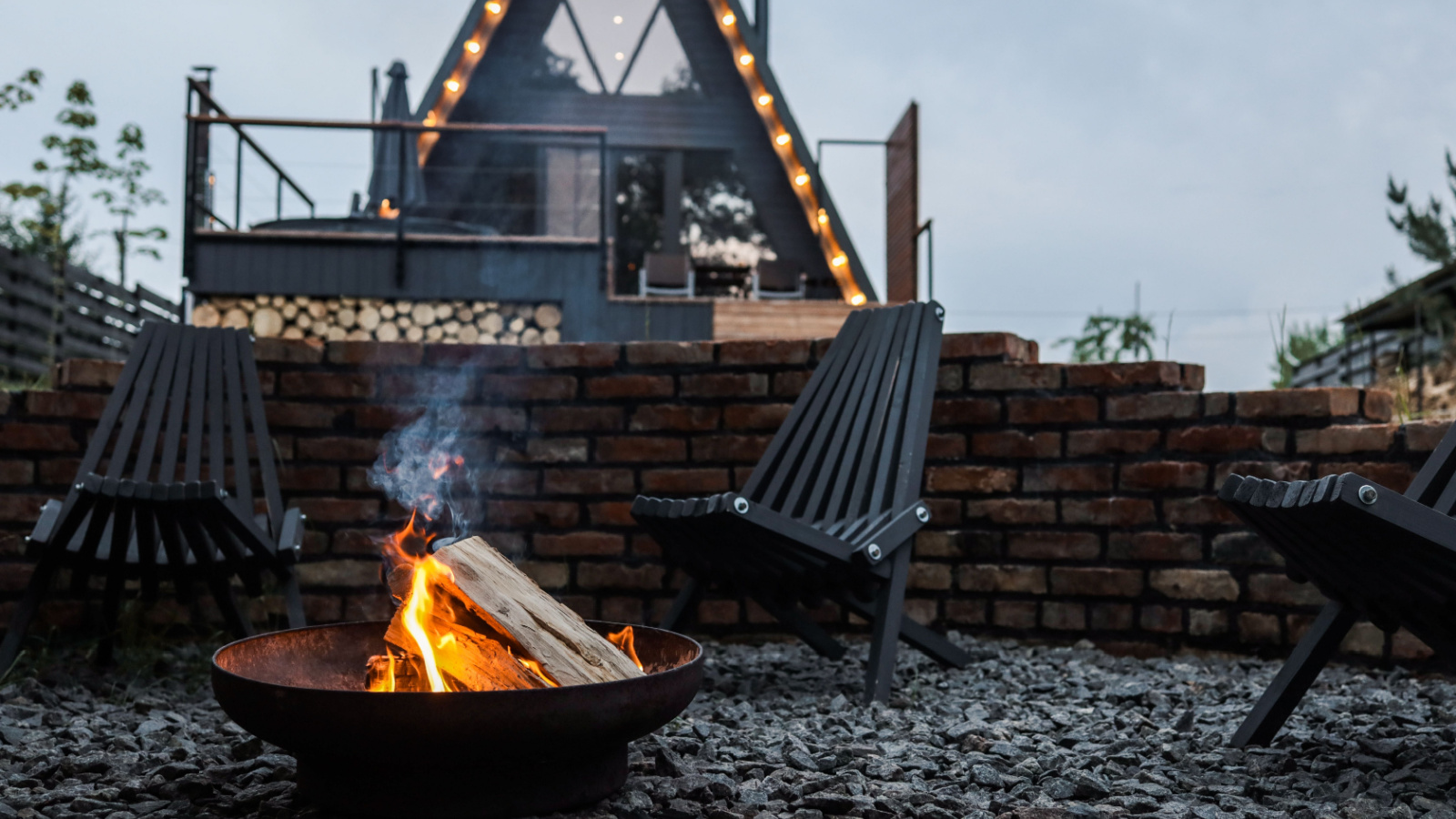
Official burn bans aside, there’s an unspoken understanding that late-night firepit noise should taper off naturally. Sparks carry, voices travel across lakes, and cottage communities value peaceful nights. Locals expect visitors to wrap up conversations and keep late gatherings low-volume, even if music or loud talk seems harmless at a lakefront property. No one will enforce a strict cutoff, but disturbing the stillness is a quick way to signal you’re unfamiliar with cottage norms. Quiet, steady fires fit the local rhythm far better than loud late-night sessions.
Don’t Assume the Shoreline Is Public
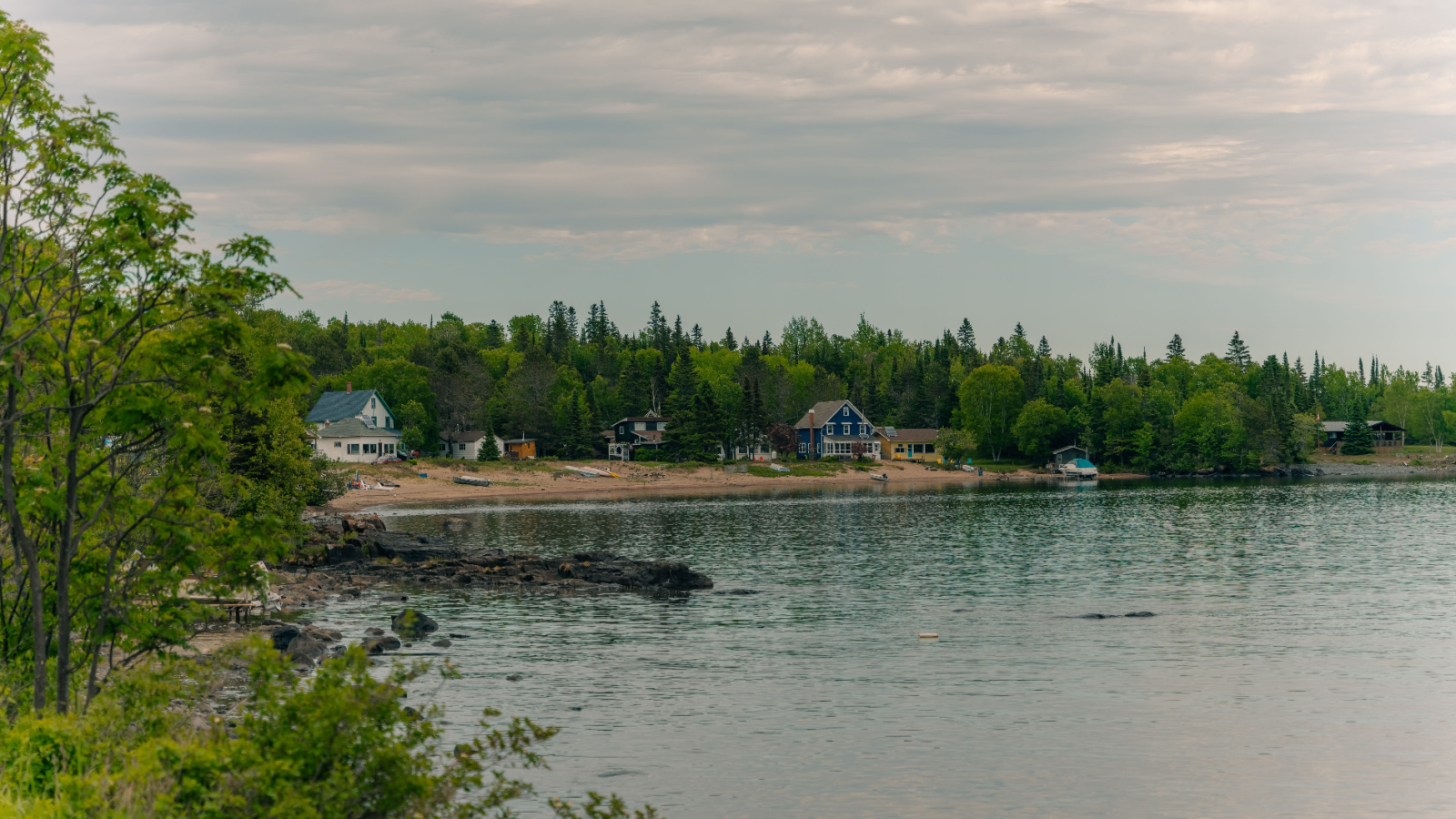
Canada’s lakes often have mixed ownership. While water itself is public, shorelines may not be. Wandering across docks, beaches, or yard edges is a common visitor mistake that locals quietly dislike. Even short stops to take photos or explore rocks can cross private boundaries. The unspoken rule: enjoy the lake from your own access point unless invited elsewhere. Cottage owners seldom confront trespassers, but the expectation is firm — stay to designated areas and respect property lines, even when they aren’t clearly fenced.
Boats Slow Down Near Every Dock — No Exceptions
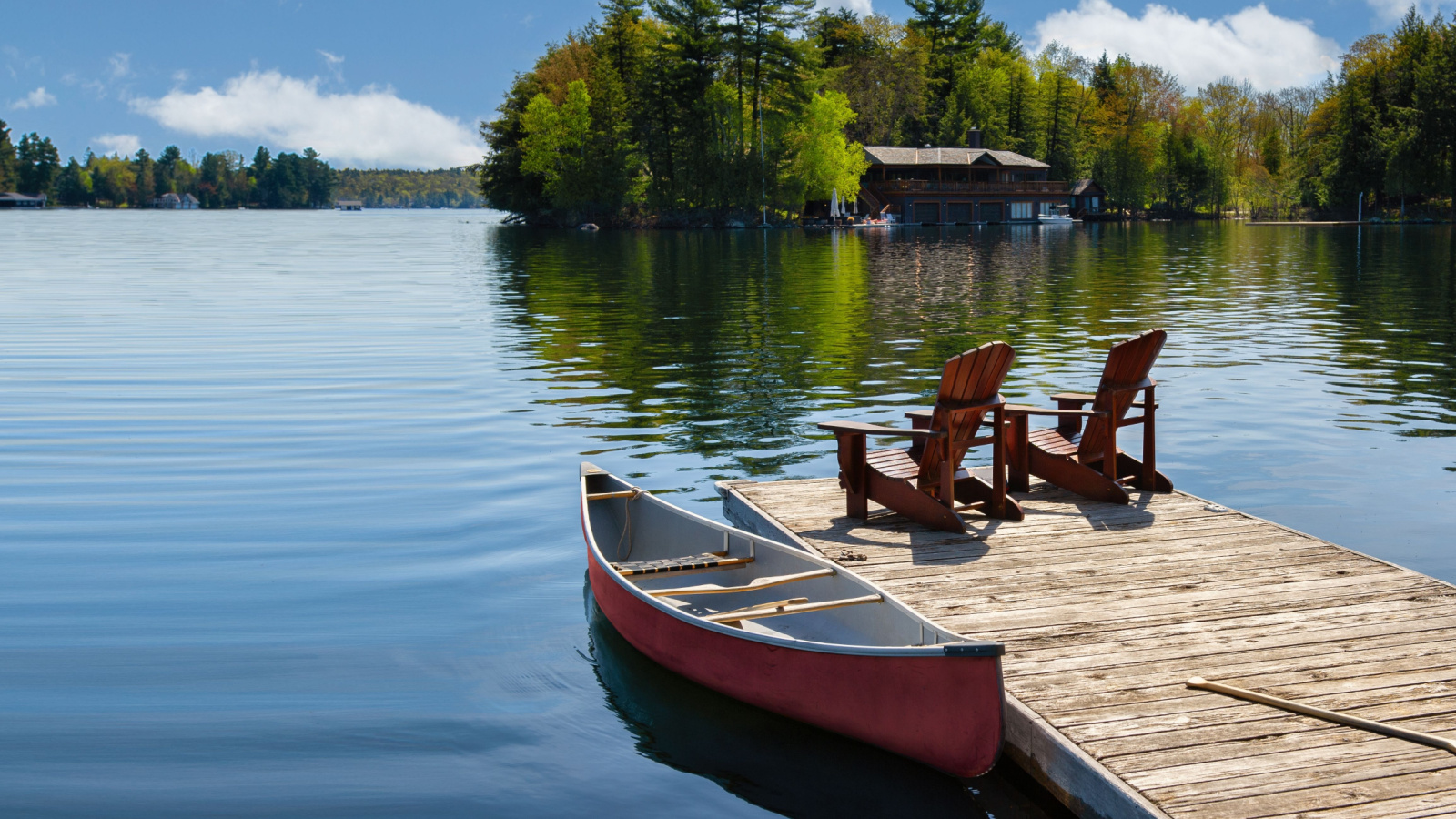
Even if you don’t see swimmers, pets, or paddlers, locals assume boats will naturally slow near docks, shorelines, and narrow passages. Creating wakes near other properties is one of the biggest unspoken violations in cottage country. Wakes damage docks, unsettle swimmers, and erode shoreline. The rule isn’t about speed limits — it’s about mutual respect. If you pass someone’s dock slowly, they notice. If you don’t, they notice even more. Locals expect boaters to treat every shoreline area with caution.
Parking Rules Change When Space Runs Out
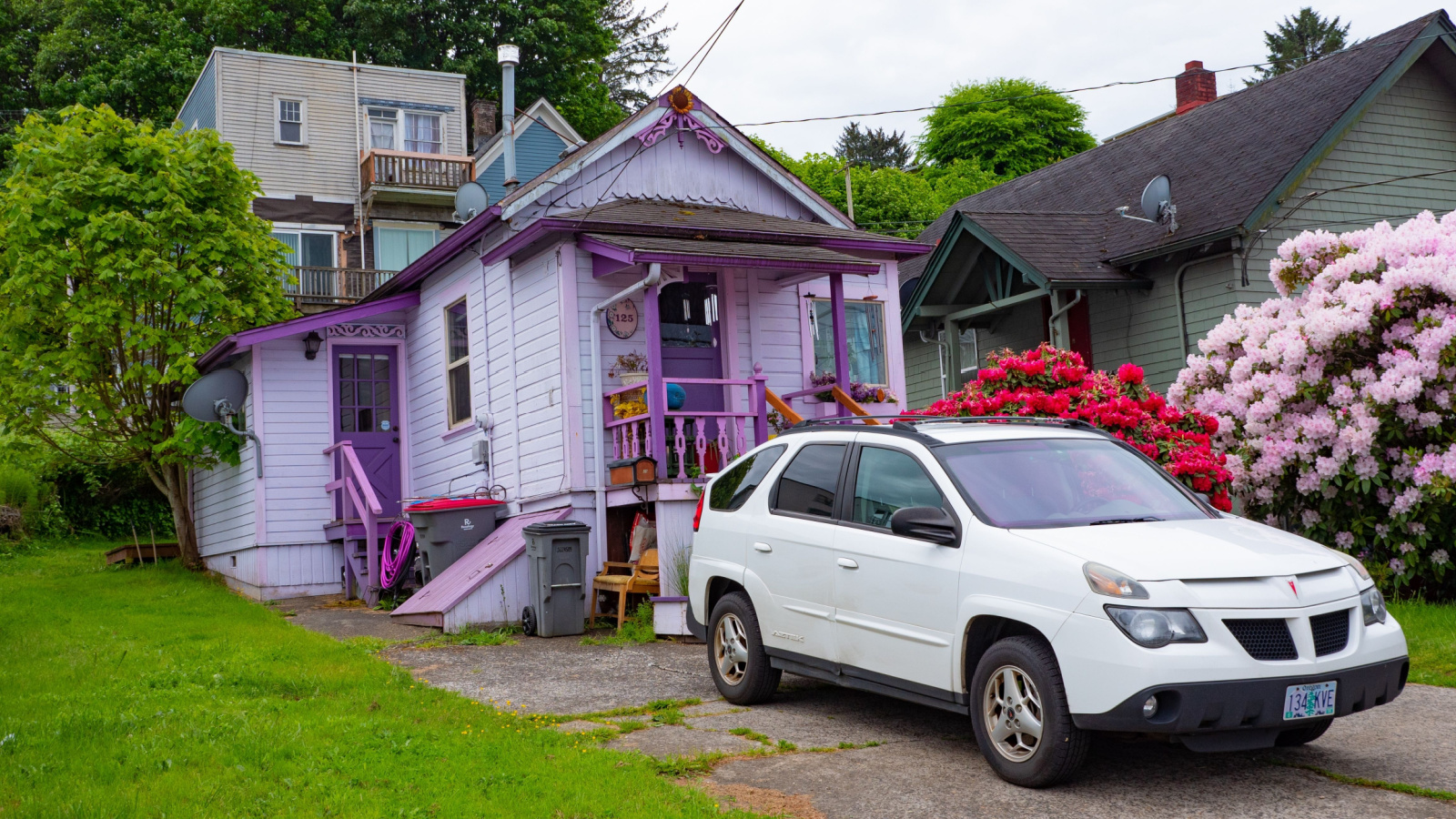
Signs might not exist, but locals follow a clear system: don’t block shared access points, trailheads, boat launches, or turning bays. Visiting cottagers sometimes treat empty shoulders or grassy sections as free parking, not realizing they’re obstructing utility access or emergency routes. Cottage-country towns depend on tight logistical flow, especially on busy weekends. Locals won’t always correct visitors, but they expect them to park thoughtfully and avoid making already-limited space even tighter. Awareness shows respect for community functioning.
Quiet Hours Start Earlier Than You Think
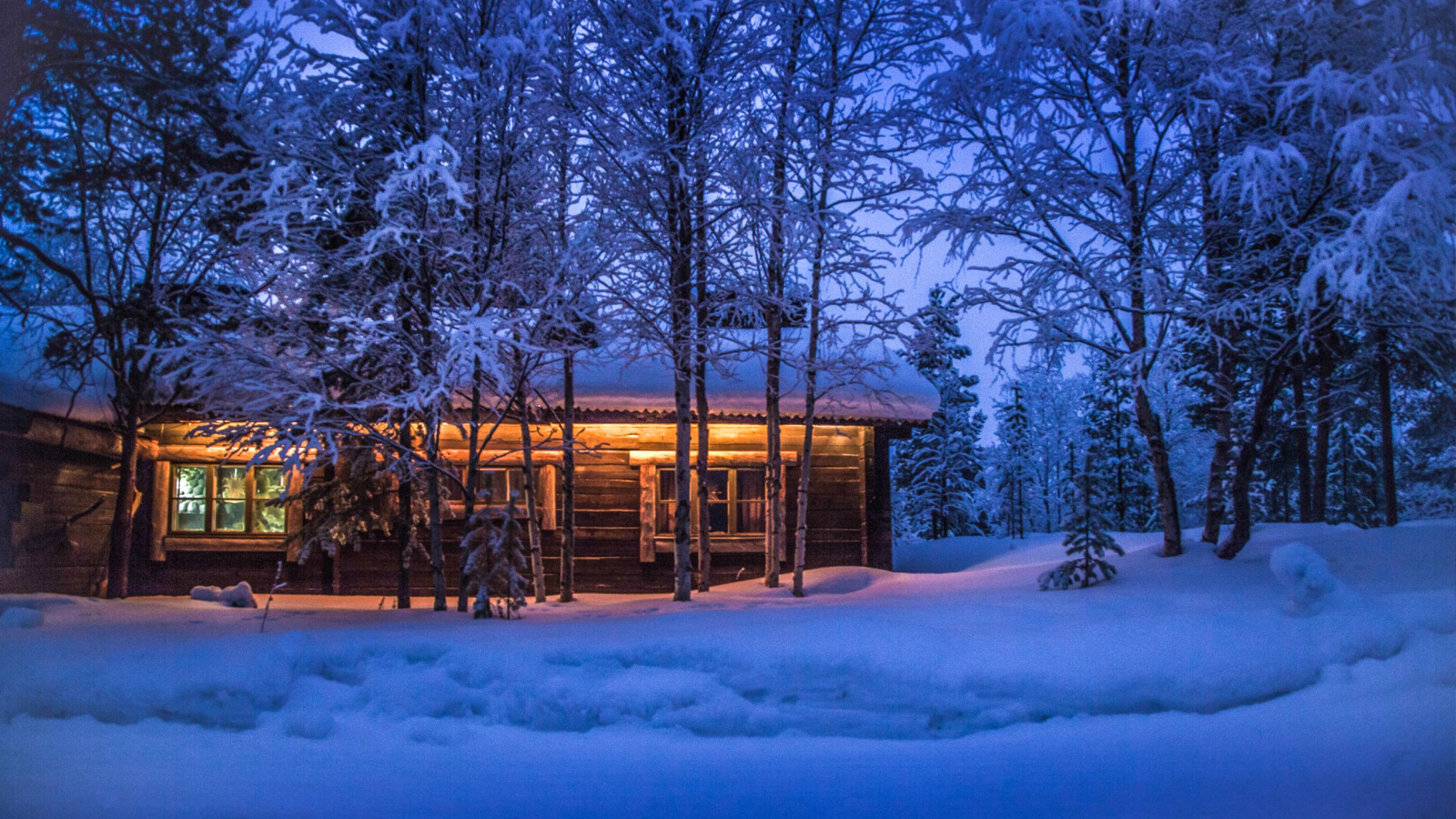
Cottage areas settle down early. Long-time residents wake early, avoid unnecessary nighttime lighting, and keep sound low after dusk. Visitors who assume lakefront cottages are party zones can unintentionally disrupt entire bays. While no one may knock on your door to complain, noise travels clearly across water. Locals expect guests to adopt the natural quiet of evening — campfire murmurs, soft music, and minimal shouting. Respecting the soundscape is one of the strongest unwritten norms.
Don’t Overfish the Lake Just Because You Can

Lakes look endless, but fish populations can be fragile. Locals often fish selectively and release responsibly to maintain long-term balance. Visitors sometimes arrive with the mindset of “catch as many as possible,” unaware that heavy seasonal pressure impacts spawning cycles. While provincial regulations exist, cottage-country etiquette goes beyond legal limits: take only what you need, release larger breeders, and avoid fishing near beds. Sustaining the lake matters to those who depend on it year after year.
Respect the Wind Direction Before Starting a Bonfire
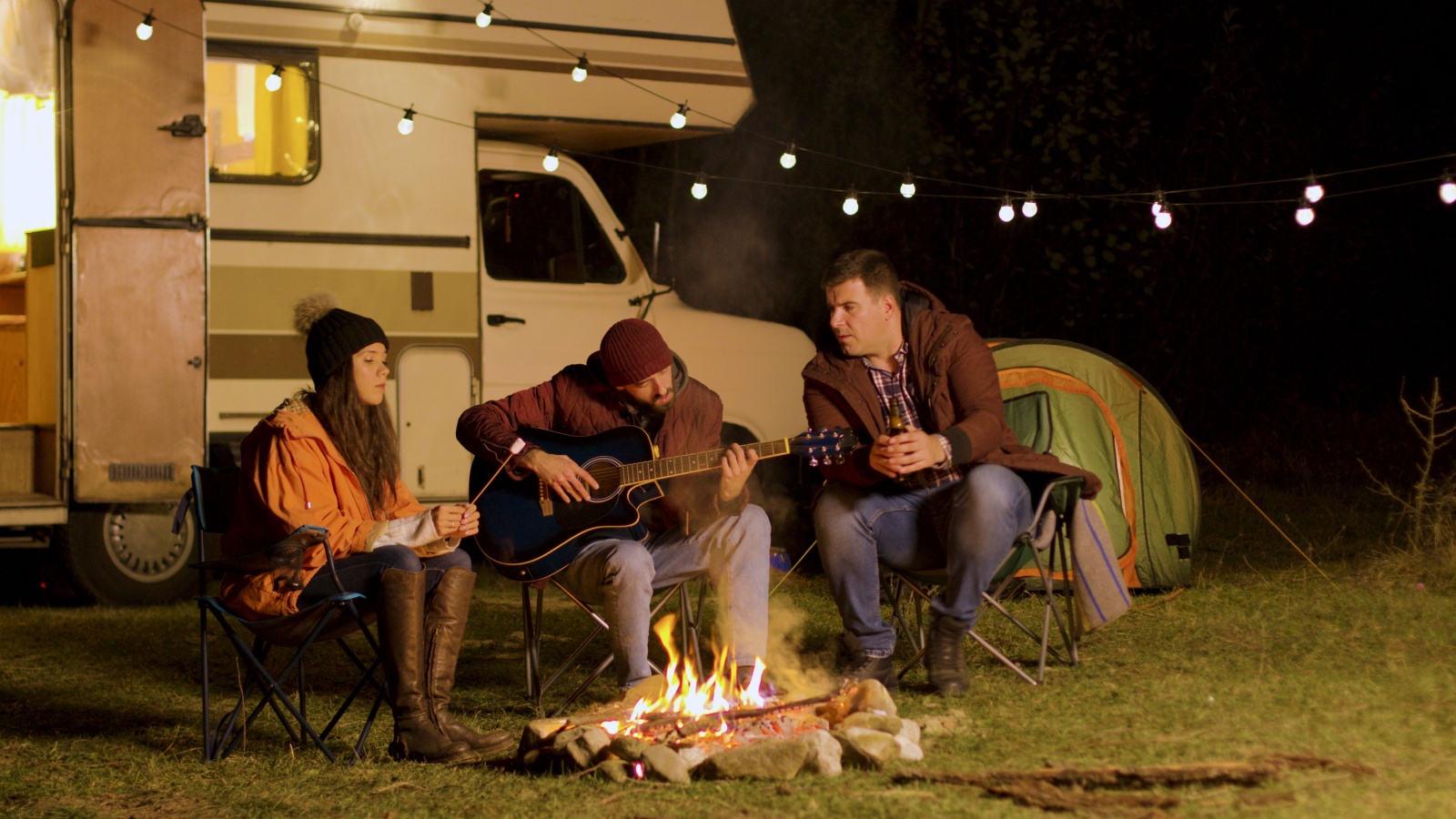
Locals instinctively check wind patterns before lighting any fire, even if conditions seem calm. Smoke drifts farther across lakes than visitors expect, filling neighbouring cottages with fumes or triggering unnecessary concern. While you won’t hear anyone lecture newcomers, the expectation is simple: don’t light a fire if the wind pushes smoke directly toward nearby properties. Cottage communities value clean air and clear visibility, especially on still evenings. A quick check avoids tension, prevents smoke-related discomfort, and demonstrates awareness of how shared outdoor spaces function.
No “Sneaking In” Extra Guests Without Mentioning It

Cottage-country hosting runs on trust. When visitors quietly add extra people to the group — cousins, friends, or last-minute tag-alongs — locals notice even if they stay silent. More people mean more noise, more vehicles, and more strain on shared spaces like docks, trails, and water access points. The unspoken rule is transparency: if numbers change, communicate it. Locals don’t object to company; they object to being surprised. Respecting capacity prevents tension and shows appreciation for the way cottage communities balance privacy with hospitality.
Leave the Lake as You Found It — Even Underwater

Visitors often pick up rocks, move underwater logs, or clear plants for swimming areas without realizing they’re altering habitats that have existed for decades. Locals rarely confront people about it, but they expect the lake environment to remain undisturbed. These natural structures protect fish, stabilize shorelines, and maintain water clarity. Removing or rearranging them can cause more disruption than visitors realize. The unwritten rule is simple: enjoy the lake, but don’t modify it.
Don’t Block the Marina With “Quick Stops”
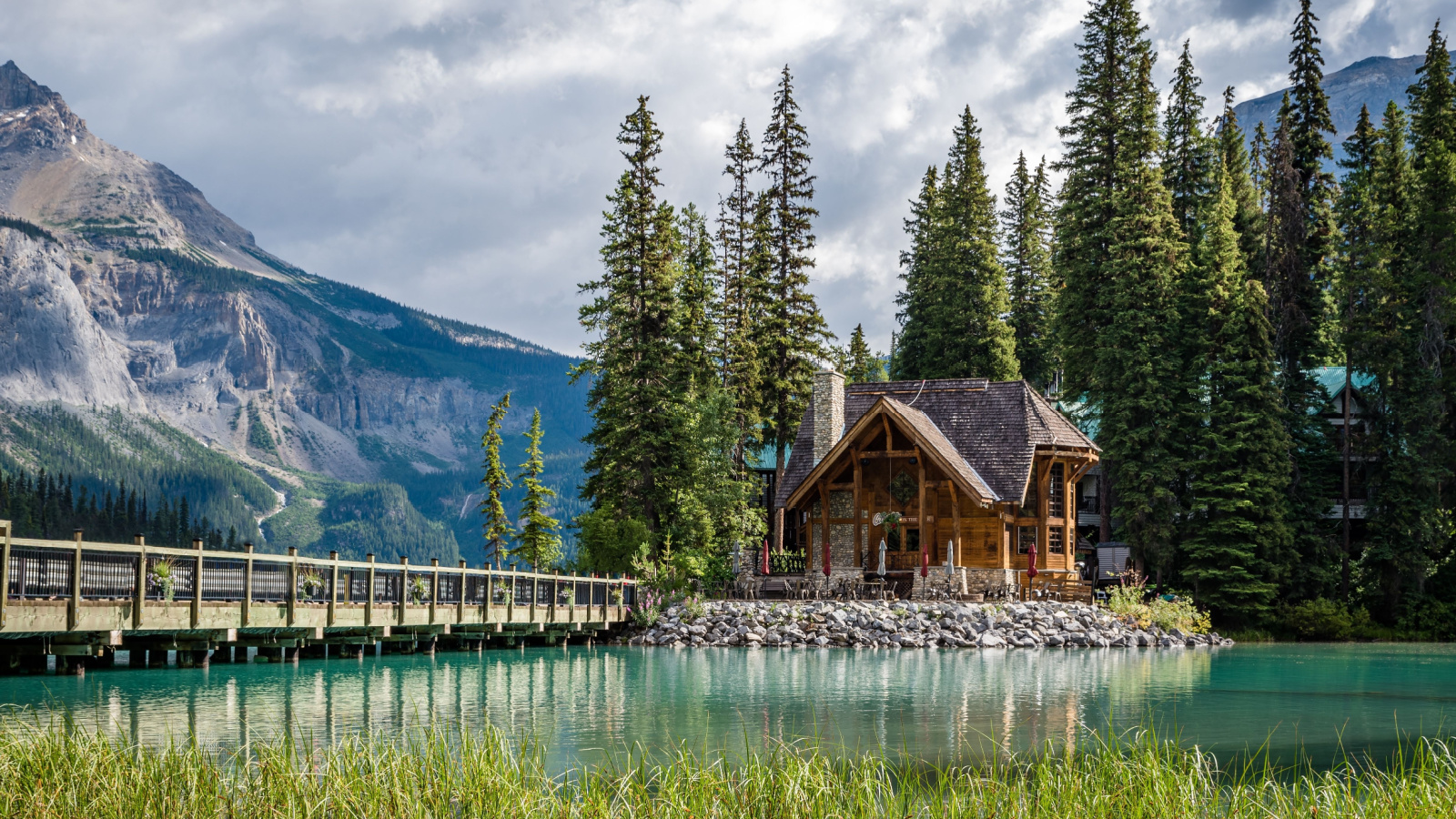
Marinas in cottage regions operate with tight timing and limited dock space. Visitors who park their boats “just for a minute” can unintentionally disrupt fuel lines, delivery runs, or cleaning schedules. Locals won’t necessarily call it out, but it creates frustration. Marina flow depends on people moving efficiently, docking quickly, and never overstaying. The unspoken expectation: complete your task and move along. Efficiency is a courtesy, and respecting the rhythm of the marina shows visitors understand the community’s operational pace.
Use Generators Sparingly — Everyone Hears Them
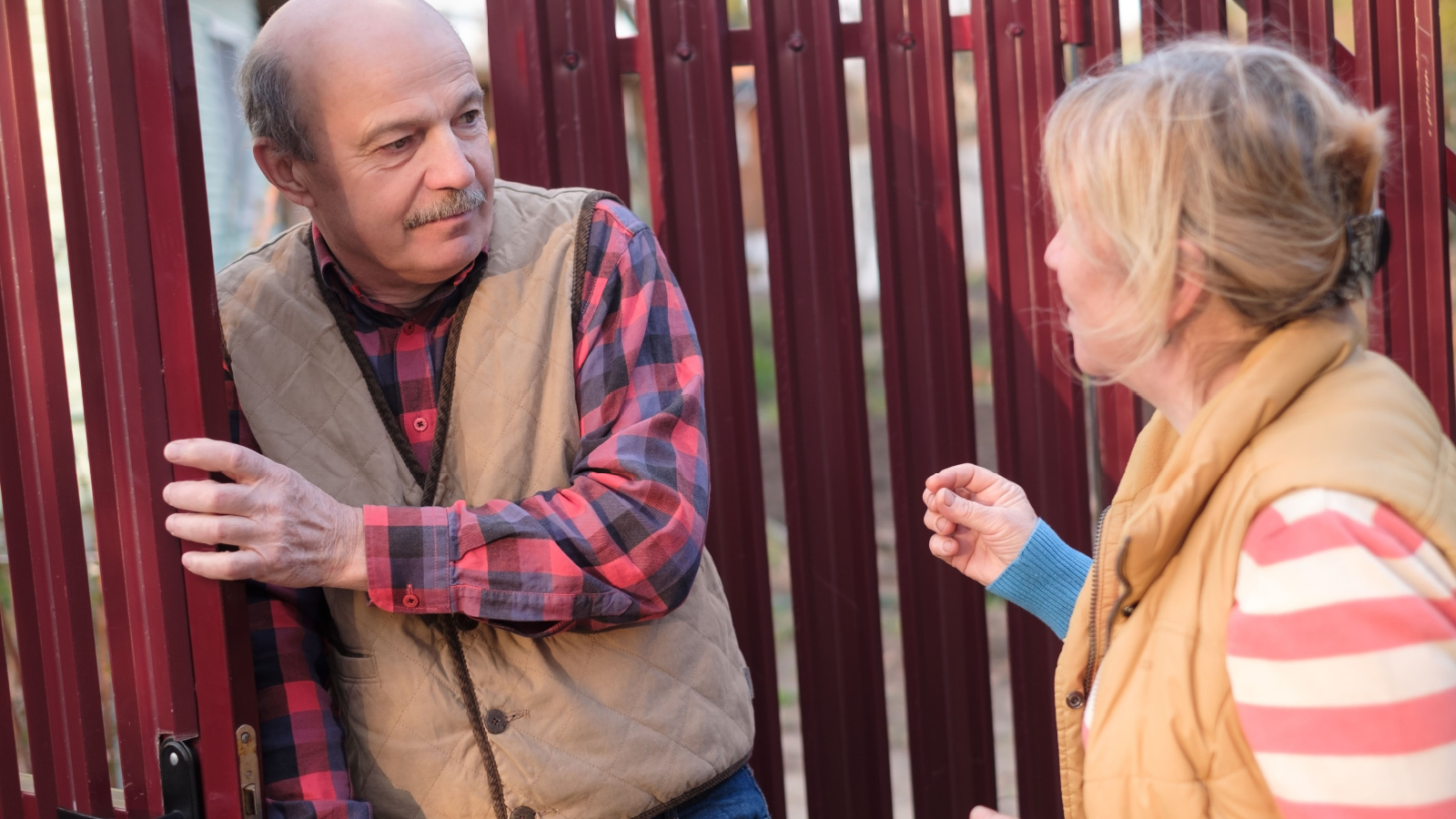
Generators are practical, but their sound carries across lakes, especially at night or early morning. Locals expect them to be used only when needed and turned off promptly. Continuous humming disrupts the natural quiet that defines cottage-country evenings. Even if the generator powers necessary appliances, timing matters. Most long-time residents schedule usage around respectful windows, avoiding late-night or early-morning operation. Visitors who follow this unspoken rhythm earn silent thanks from neighbours who value the soundscape as much as the scenery.
Watch Wake From All Watercraft — Not Just Speedboats
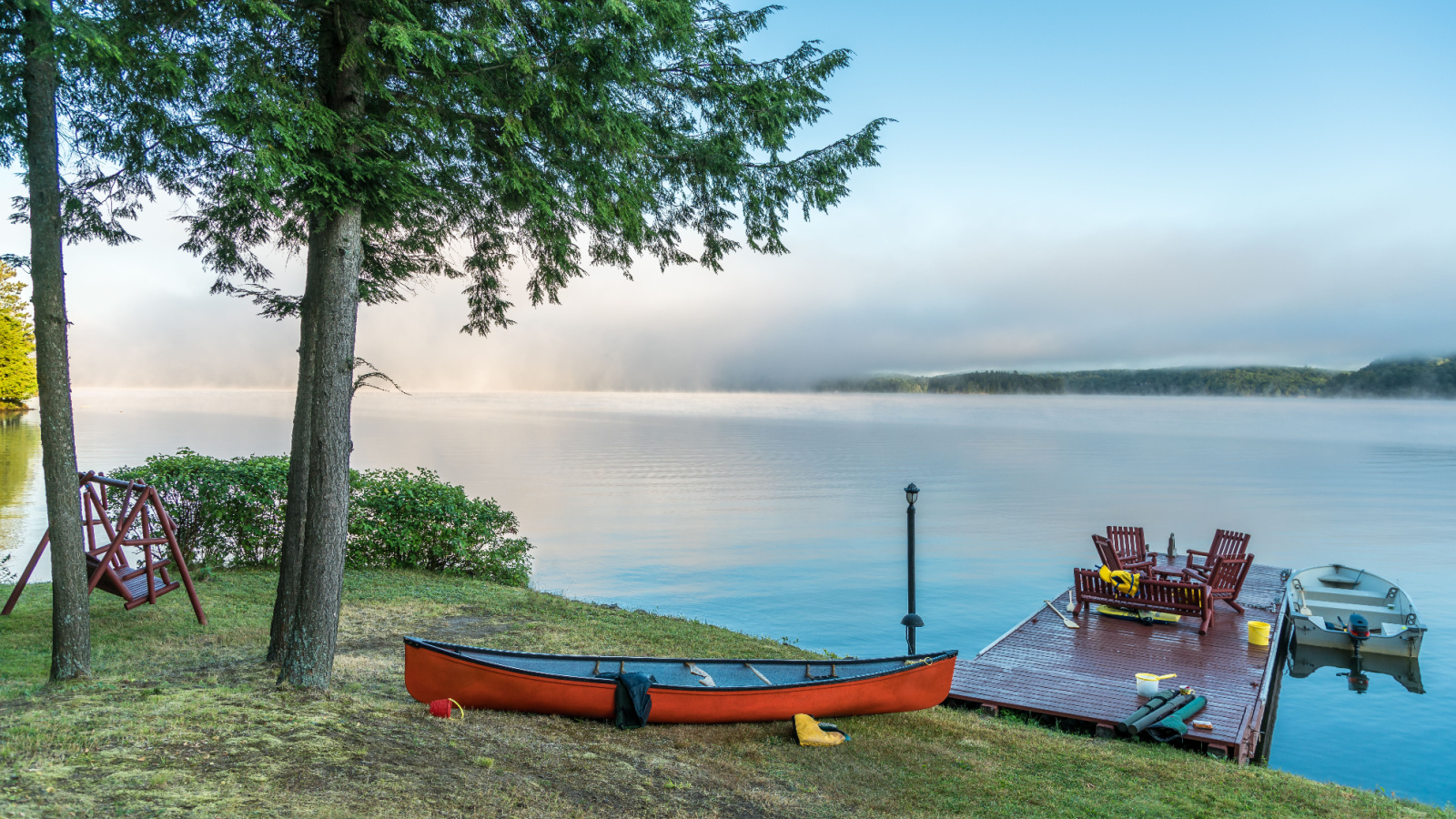
Pontoons, fishing boats, and even larger paddlecraft can create wakes strong enough to disturb docks, swimmers, and anchored boats. Locals expect everyone — regardless of boat type — to monitor wake size and adjust speed accordingly. The rule is subtle but important: wake responsibility is universal. Ignoring wake etiquette is seen as a sign of inexperience. Visitors who pay attention to how their movement affects others fit seamlessly into cottage communities and protect the shoreline from unnecessary wear.
Trash and Recycling Must Be Animal-Proof

Raccoons, bears, foxes, and even gulls are adept at exploiting poorly secured garbage. Locals know this and follow strict habits: sealed bins, tied bags, and late-night garbage avoidance. Visitors often underestimate wildlife persistence, leaving waste accessible and unintentionally attracting animals. Locals won’t always comment, but they expect guests to secure all waste. Proper disposal protects both wildlife and property and keeps communities safe. It’s an unwritten rule rooted in respect for shared ecosystems.
Don’t Assume You Can Use Any Available Firewood

Stacks of split wood near cottages often belong to someone — usually the property owner who spent time cutting and preparing it. Visitors sometimes treat exposed piles as communal, leading to quiet frustration. The rule is simple: never take firewood unless offered. Even driftwood or loose logs can serve specific purposes. Locals notice when wood disappears unexpectedly, even if they say nothing. Asking first is a sign of respect and ensures that resources are used fairly and sustainably.
Water Taxis and Boat Launches Aren’t Drop-Off Zones for Everyone

In busy cottage regions, water taxis and public launches operate on tight schedules. Visitors sometimes treat these areas as casual pick-up spots, unintentionally blocking critical access. Locals expect people to clear the area quickly, avoid crowding, and leave room for commercial operators. The unspoken rule: treat these zones like active workspaces, not general gathering points. Smooth flow keeps everyone on time and prevents bottlenecks that disrupt daily routines.
Locals Notice Who Leaves Places Better Than They Found Them

The final unspoken rule is about stewardship. Cottage communities remember guests who tidy docks, pick up stray cans, fix small things quietly, or help neighbours without being asked. These actions earn long-lasting goodwill because they show care rather than convenience. While locals rarely articulate it, they value visitors who contribute positively to their shared environment. The rule is simple: be the person who leaves things better, not worse. It’s the clearest sign you understand cottage-country culture.
21 Products Canadians Should Stockpile Before Tariffs Hit

If trade tensions escalate between Canada and the U.S., everyday essentials can suddenly disappear or skyrocket in price. Products like pantry basics and tech must-haves that depend on are deeply tied to cross-border supply chains and are likely to face various kinds of disruptions
21 Products Canadians Should Stockpile Before Tariffs Hit
